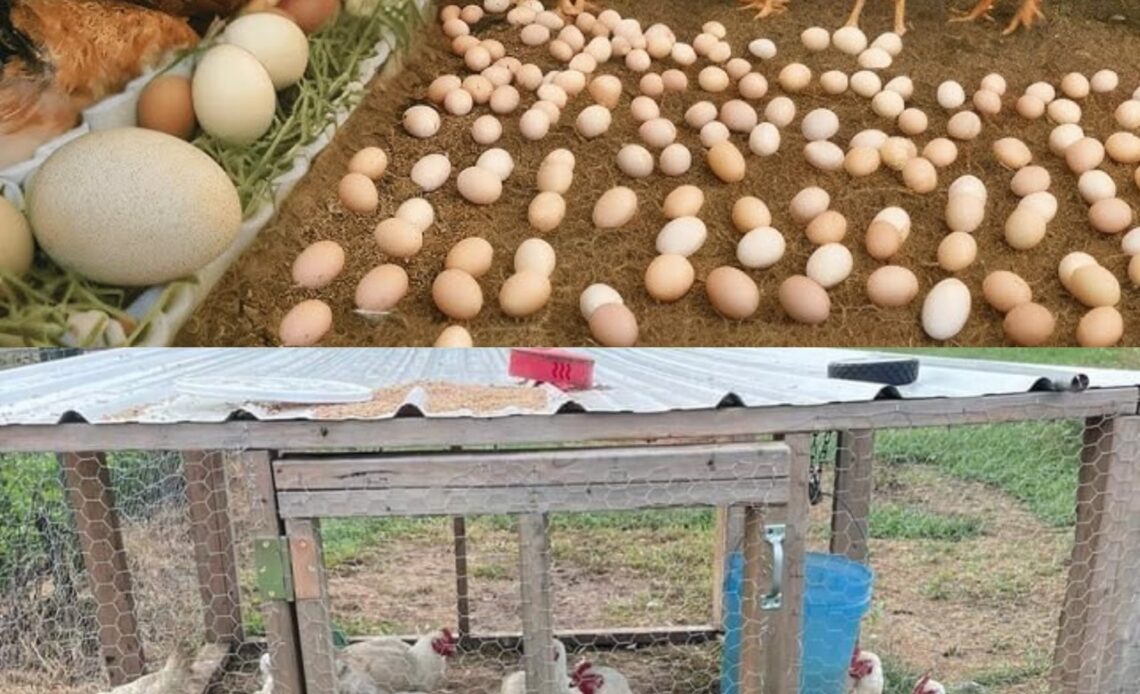Raising backyard chickens is an incredibly rewarding experience, providing a steady supply of fresh, nutritious eggs while contributing to a more sustainable lifestyle. Whether you’re a beginner or an experienced farmer, understanding the essentials of keeping laying hens will help you maximize egg production and keep your flock healthy.
### **Why Raise Laying Hens at Home?**
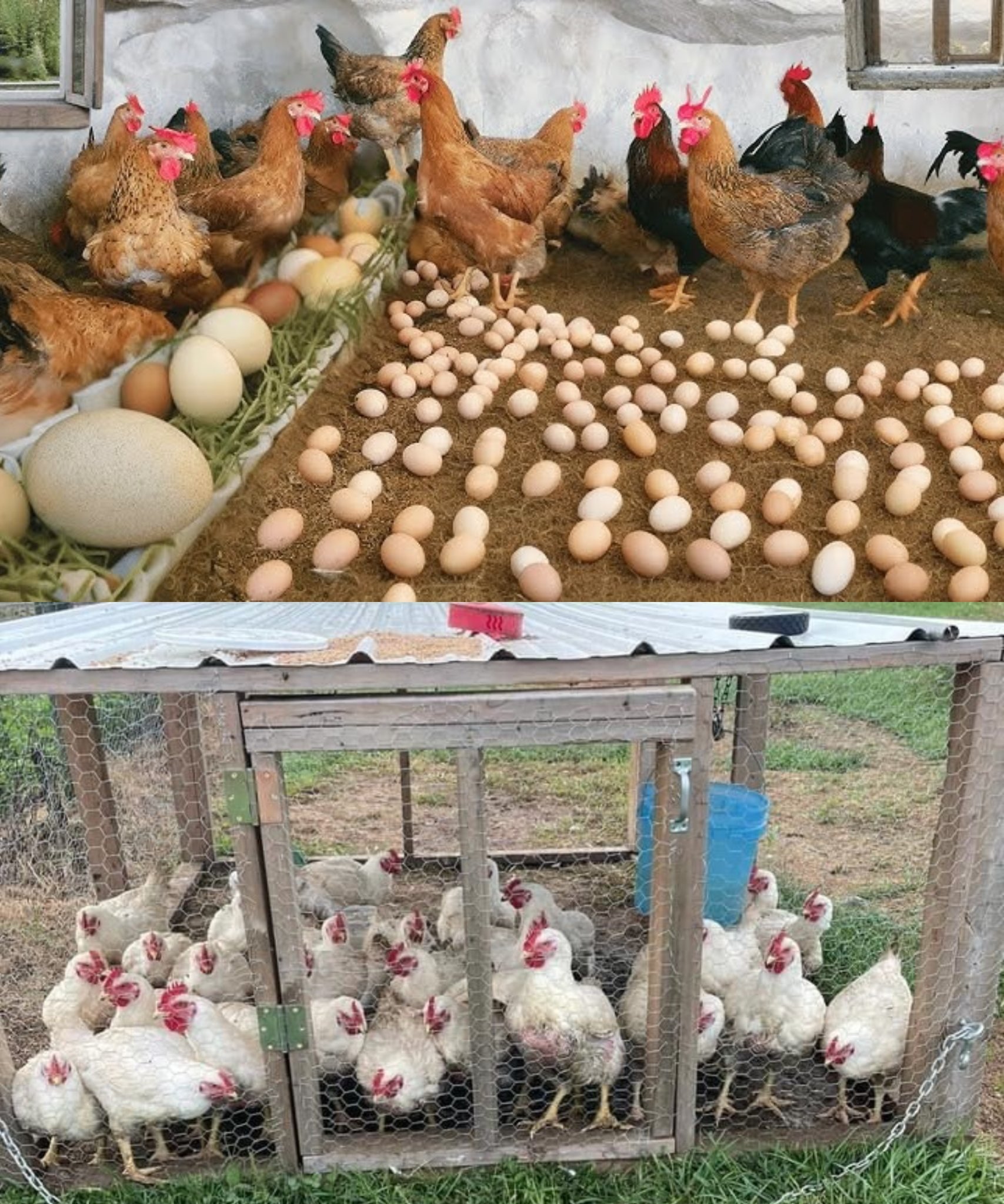
Home-raised chickens offer multiple benefits beyond just fresh eggs. Here’s why keeping a flock of laying hens can be a great addition to your household:
– **Fresh, High-Quality Eggs** – A single hen can lay up to 300 eggs per year, ensuring a constant source of fresh, flavorful eggs that are often richer in nutrients compared to store-bought varieties.
– **Eco-Friendly Waste Reduction** – Chickens consume food scraps like vegetable peels and pasta, helping reduce household waste while converting leftovers into nutrient-rich manure.
– **Natural Pest Control** – Chickens love to forage for insects, slugs, and weeds, making them excellent garden helpers that keep pests at bay without the need for chemical pesticides.
– **Cost-Effective and Sustainable** – Once you set up your coop, maintaining chickens is relatively low-cost, especially when supplementing their diet with kitchen scraps and garden weeds.
### **How to Set Up the Perfect Chicken Coop**
A well-designed chicken coop is crucial for keeping your hens comfortable, safe, and productive. Here’s what you need to consider:
#### **1. Space Requirements**
Each hen requires at least **4 square meters** of outdoor space to roam freely. If space is limited, consider a movable chicken tractor to allow fresh grazing areas.
#### **2. Shelter and Roosting Area**
Your coop should offer **protection from harsh weather and predators**. Inside, include:
– **Nesting Boxes** – One box for every 3-4 hens, filled with straw or shavings for comfort.
– **Roosting Perches** – Chickens prefer sleeping off the ground, so provide raised perches inside the coop.
#### **3. Secure Fencing**
To keep your chickens safe from predators like foxes, dogs, or raccoons:
– Use a **1-meter-high fence**, buried at least **15 cm underground** to prevent digging predators.
– Cover the top of the coop with netting to keep out birds of prey.
### **Choosing the Right Laying Hen Breeds**
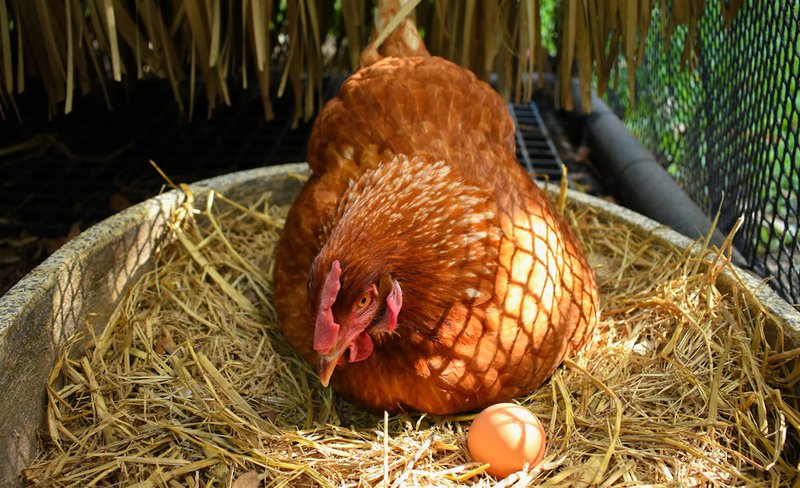
Not all chicken breeds are equal when it comes to egg-laying ability. Here are some of the best breeds for home egg production:
– **Rhode Island Red** – A hardy, beginner-friendly breed that lays around **250-300 brown eggs per year**.
– **Leghorn** – Produces **280-320 large white eggs annually** and is known for its efficiency in converting feed into eggs.
– **Plymouth Rock** – A friendly breed that lays **200-250 brown eggs per year**.
– **Sussex** – A dual-purpose breed that provides **250-275 eggs annually** and adapts well to different climates.
### **Feeding and Nutrition for Maximum Egg Production**
Providing a balanced diet is essential for strong eggshells and high egg yield.
#### **1. Essential Diet Components**
– **Layer Feed** – A commercial layer feed with **16-18% protein** ensures proper egg development.
– **Calcium Supplements** – Crushed oyster shells or eggshells help maintain strong eggshells.
– **Grit** – Helps chickens digest food properly.
– **Fresh Vegetables and Fruits** – Carrots, leafy greens, and berries provide additional vitamins.
#### **2. Fresh Water Supply**
Chickens need **constant access to clean water**. A lack of water can reduce egg production or lead to health issues. Consider using heated waterers in winter to prevent freezing.
### **Daily Care and Maintenance**
Keeping your hens healthy requires regular care. Follow these steps to maintain a happy flock:
#### **1. Cleaning the Coop**
– Remove droppings **daily** to prevent odor and bacterial growth.
– Change nesting material **weekly** for a clean egg-laying environment.
– Disinfect the coop **monthly** to prevent mites and diseases.
#### **2. Egg Collection**
– Collect eggs at least **once or twice daily** to prevent breakage and contamination.
– Store eggs in a cool place or refrigerate them for long-lasting freshness.
### **Seasonal Care for Laying Hens**
Different seasons require adjustments in care:
– **Winter** – Provide extra bedding, insulate the coop, and use artificial lighting to maintain egg production.
– **Summer** – Ensure proper ventilation, provide shade, and keep water cool to prevent heat stress.
### **Common Health Issues and How to Prevent Them**
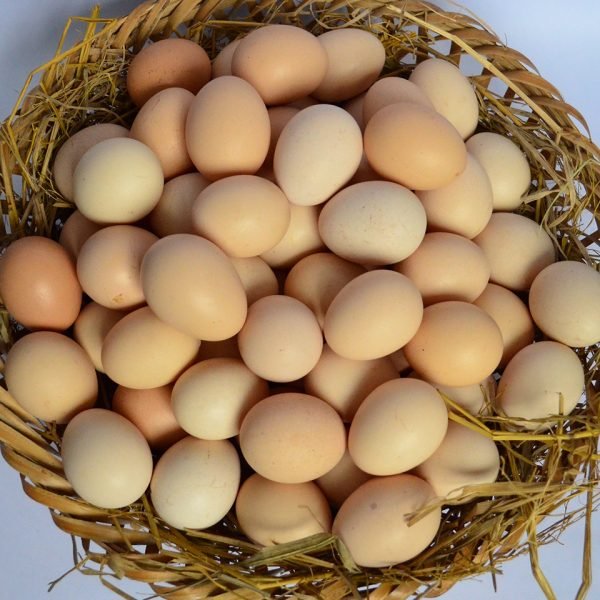
Laying hens are prone to certain health conditions. Being proactive helps maintain a thriving flock.
– **Egg Binding** – Occurs when a hen struggles to lay an egg. Providing **calcium and warm baths** can help.
– **Mites and Lice** – Keep the coop clean and use **diatomaceous earth** to prevent infestations.
– **Respiratory Infections** – Ensure proper ventilation and avoid overcrowding.
### **Where to Buy Laying Hens**
You can source chickens from:
– **Local Farms & Hatcheries** – Best for getting healthy, vaccinated hens.
– **Online Hatcheries** – Many reputable websites offer live birds shipped safely.
– **Animal Shelters & Rescues** – Some organizations offer rescued hens that still lay eggs.
### **Final Thoughts**
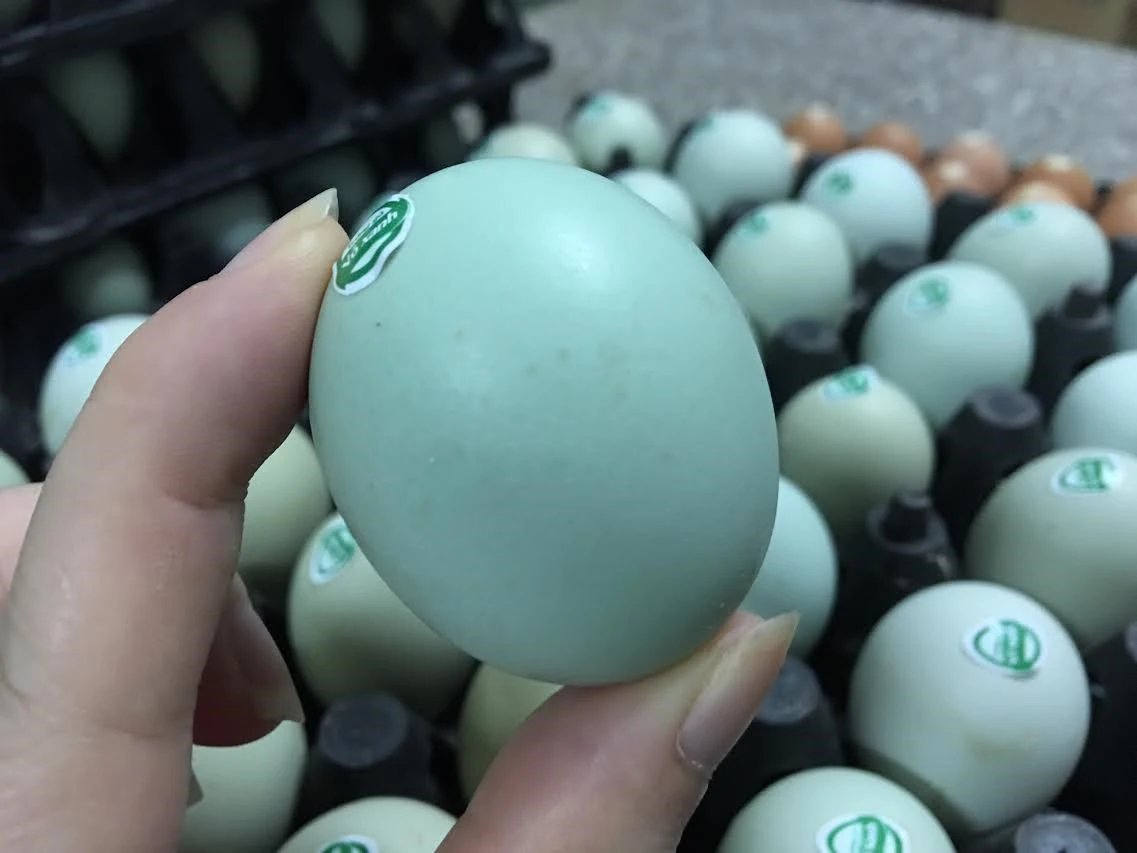
Raising laying hens at home is an incredibly fulfilling and sustainable way to enjoy fresh eggs daily. By selecting the right breeds, providing a secure and comfortable coop, and ensuring a balanced diet, you can maintain a healthy flock that provides nutritious eggs year-round. With proper care and attention, your backyard chickens will not only supply you with delicious eggs but also contribute to a more eco-friendly lifestyle.
Start your journey today and enjoy the satisfaction of home-raised eggs straight from your backyard
